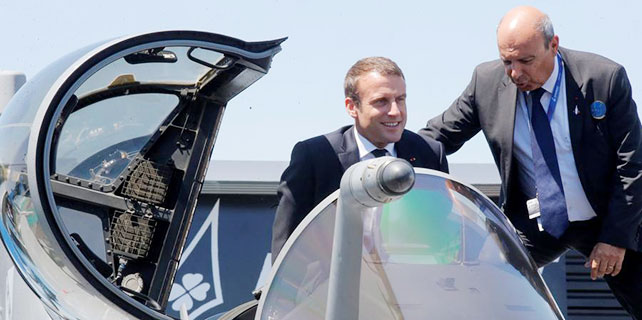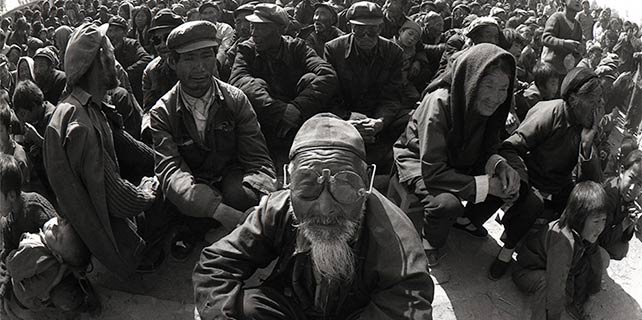BRICS continues to drive global economy
SHANGHAI- BRICS will continue to be a growth engine of the world economy despite difficulties and challenges, Chinese Finance Minister Xiao Jie said Monday.
"We firmly believe the economic condition of BRICS will be better under our joint effort," said Xiao in an interview on the sidelines of the second BRICS Finance Ministers and Central Bank Governors Meeting.
Slower-than-expected global economic recovery, policy uncertainties in developed countries, de-globalization and world protectionism caused a complex economic environment for BRICS, Xiao said.
BRICS is experiencing a shift in gears after years of robust economic development and needs to develop new economic growth points via in-depth structural adjustment, he said.
BRICS should create new economic growth models, promote structural reform and seek new growth momentum, while strengthening policy coordination and enhance cooperation, Xiao said.
Xiao highlighted the fruitful results of the meeting, saying that BRICS finance ministers and central bank governors agreed to enhance macro-economic policy coordination, combat protectionism and deepen cooperation under the financial and monetary channels of the G20.
All sides agreed to make full use of the platform of the New Development Bank (NDB), promote international tax cooperation and set up cooperation on public-private partnerships, Xiao added.
"This meeting in Shanghai is an important stepping stone to the summit in Xiamen under the Chinese presidency," said Paulo Nogueira Batista Jr, vice president of the New Development Bank.
The 2017 BRICS Summit will be held in Xiamen, southeastern China's Fujian province, in September 3-5 this year.
"When the BRICS mechanism was first launched 10 years ago, there was lots of skepticism. The last ten years has showed the mechanism is not artificial. It is a working mechanism," Paulo said. "I believe the next 10 years will be very important for BRICS countries."
Given that BRICS countries are already about the same economic size as the G7, Paulo said he believes BRICS would be larger than the G7 in the next 10 years.
"I am sure this year under China's presidency, we will meet the expectation as BRICS countries continue to be the driving force not only in economy, but also increasingly in ideas and in proposals for international governance," Paulo said. "The performances of BRICs countries are very crucial to the performance of world economy as a whole."
He also expressed confidence that the NDB would consolidate and run as a major bank with global reach within 10 years.
Renewable energy is very important for the NDB, in the next five years, around two-thirds of its projects will be in renewable energy, according to Paulo.
Brazil, Russia, India, China and South Africa will push the development of the BRICS New Development Bank, ensuring it plays an important role in BRICS cooperation, according to an official document released after the meeting.
The parties also agreed to strengthen financial regulatory collaboration and establish an improved network of financial services institutions, boosting the integration of financial markets among the BRICS countries.
Local currency bond markets in BRICS countries will be advanced through collaboration, and coordinated efforts will be made to converge accounting and auditing standards, laying a solid foundation for connectivity in bond markets in BRICS countries.
- BRICS nations to oppose anti-globalization
- China, Brazil agree to enhance fiscal, financial cooperation
- China, Russia share much to expand economic cooperation
- 'BRICS Plus' can become new integration model for world economy: EDB chief economist
- BRICS bank to issue Chinese yuan, Indian rupee bonds in 2017









